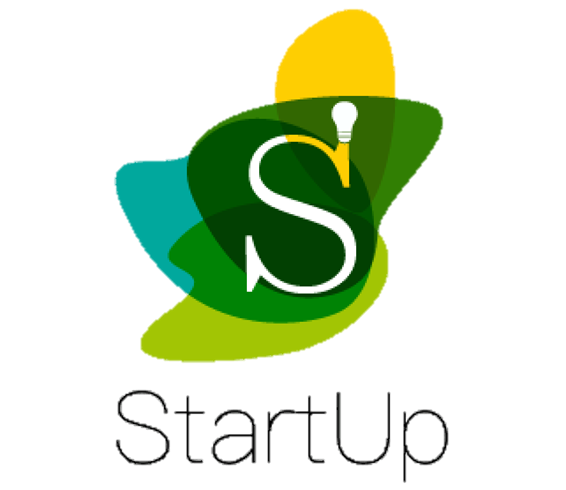In Greece, some initiatives have been adopted during the last 10 years in order to support the social integration of vulnerable people.
Since 2011, a new legal form has been introduced, the Social Cooperative Enterprise (SCE) which is a civil-law cooperative with a social purpose and limited liability for its members, possessing entrepreneurial capacity by law. A SCE is equally managed by its members and its purpose is to ensure collective benefits, whereas its profits come only from activities of social interest.
Depending on their special purpose, SCEs are divided into 3 categories:
• Integration SCEs: Their aim is to integrate people who belong to vulnerable social groups including people with disabilities, into the economic and social life. In integration SCEs, at least 40% of the employees belong to vulnerable social groups and should have at least 7 members.
• Social Care SCEs: Their aim is to produce products and provide social and welfare services targeted at social groups, such as the elderly, babies, children, people with disabilities and chronic illness.
• Collective and Productive SCEs: Their aim is to serve local and collective interests and to promote employment, social cohesion and local or regional development. Furthermore, people interested in running a business can get valuable information through Startup Greece, an information, networking and collaboration portal co-funded by Greece and European Union, supporting new business ideas and entrepreneurs.
Other initiatives consist of EU funded programs that have been implemented in the country via community support frameworks such us EQUAL (ran from 2002 to 2005) and Enhancement of Entrepreneurship for People with Disabilities which was implemented by the Greek Organization Of Small-Medium-Sized Enterprises & Crafts (ran 2003-3006). However, there are arguments that a number of startups that were developed under community support frameworks were mainly supportive structures for social entrepreneurship rather than purely social enterprises in the sense of product integration and / or service provision aimed at job integration (Zoniou, 2009). Other similar initiatives have been implemented by the Greek Manpower Service OAED.
However, there is not a monitoring scheme for people with disabilities who participated in such projects to assess the effectiveness and sustainability of their businesses in the long run.
According to research carried out by The Greek Organization Of Small-Medium-Sized Enterprises & Crafts, main barriers for people with disabilities for establishing a business in Greece could be a) the difficulty of financing from banks or other credit institutions, b) lack of specialized information, c) bureaucracy in the process of starting a business, d) lack of experience in entrepreneurship, e) lack of training in entrepreneurship, f) health problems g) counselling in the first steps.
The economic crisis in Greece led to the implementation of fewer initiatives towards Entrepreneurship for people with disabilities after 2010.


